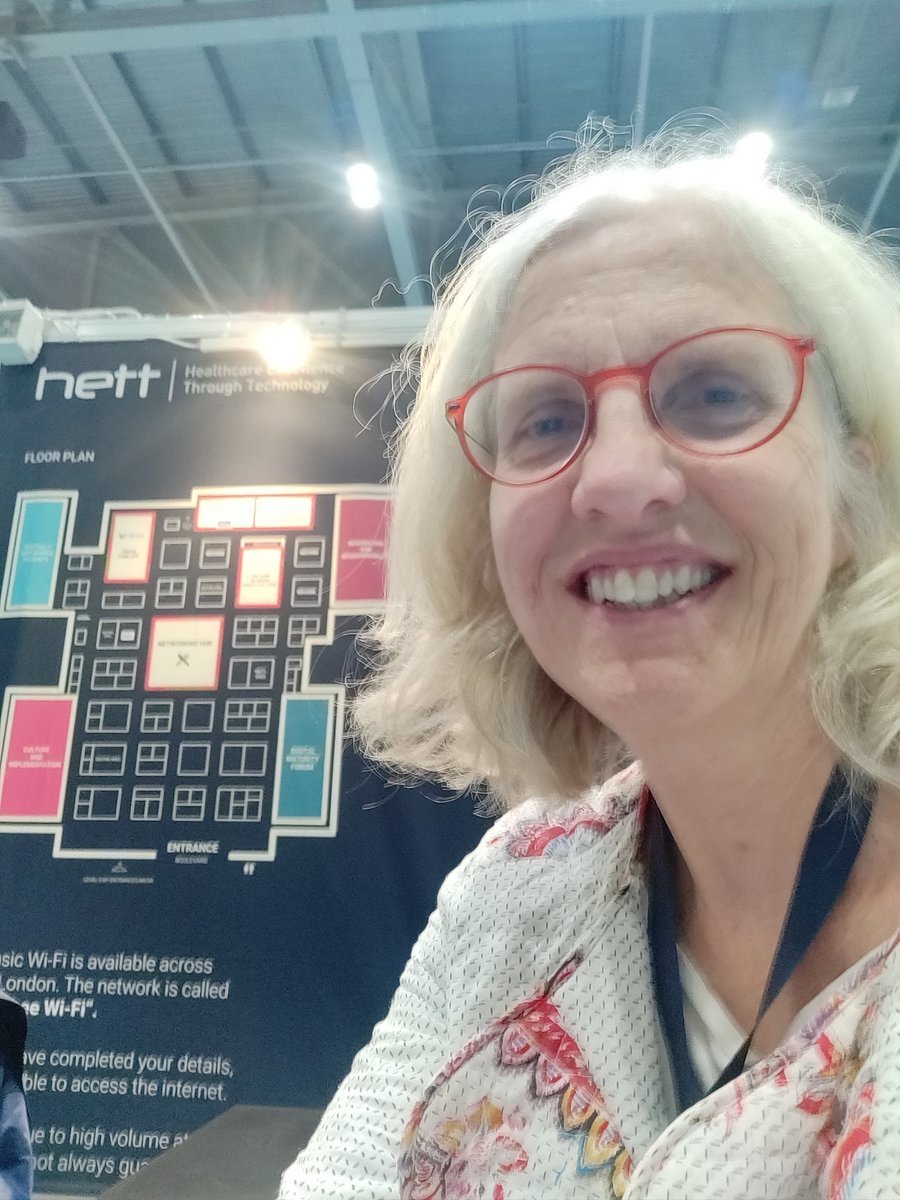Our founder, Professor Janet Cade attended the Healthcare Excellence Through Technology (HETT) conference in London. Read about her experience of attending this year’s conference.
The end of September saw the HETT- healthcare excellence through technology – show at Excel, London. I was keen to see how myfood24 might fit into this agenda. A dizzying array of apps and patient administration systems were on display. The aim of all these systems is to digitally empower patients. Particularly important when we realise the high annual cost of non-communicable disease to the UK economy and the need to support patients in new ways. HETT presentations covered a wide range of topics from providing examples of successful app delivery to the NHS to challenges around integrations of systems, and the readiness to accept and deliver digital alternatives.
Understanding digital maturity in primary care is difficult due to the range of different technical landscapes. ‘New kids on the block’ need to consider factors such as readiness to adopt technology; stakeholder engagement; capability; and existing infrastructure. The service user and patient must be at the heart of the system. It is worth remembering, in fact, that 40% of the primary care workforce is not in general practice since the definition includes pharmacy, dentistry and optometry. New targets have been developed around delivering appointments online. However, does this produce system efficiency? General practice has 1m patient contacts per day, 90% of NHS total. Local choices need to fit the population. This is why we have co-designed our new myfood24 healthcare app with patients and healthcare professionals.
Examples of successful apps presented included Neuro proactive which supports neurorehabilitation. It is an Allied Health Professional-led system developed to Medical Device Standards. It offers self-management and remote monitoring. Our friends from Digibete were also present. Their video platform and app has been tested at Leeds Children’s Hospital and supports young people with type 1 diabetes. Careology blends digital and physical healthcare to transform cancer care; another tool to help the patient feel in control

Real-world evidence for digital care innovation was discussed. It is important to understand resource use before and after the introduction of the tool. Evidence needs to show how technology might enhance patient outcomes compared to existing services. A randomised controlled trial is not always necessary, or indeed possible, a before-after trial could provide important information. York Health Economics Consortium (YHEC) emphasised the need to understand the audience, asking the right questions and looking at downstream effects of the new tools. The YHEC team have recently provided some economic evaluation of myfood24, showing positive, cost-saving benefits are likely.
Problems with apps were highlighted. It is a crowded space, although I did not see anyone else supporting the nutrition of patients – I think there is a need there! Apps are often stand-alone and not interoperable with the rest of the health information systems. Bespoke integrations can become unmanageable at the local level. Sometimes there is an incoherent user experience, emphasising the need for clarity and simplicity. We are not always certain which patients are excluded from this digital world or why. User design of systems can increase inclusion.
It was exciting to see how many opportunities this new digital landscape provides to myfood24. Apps for people with diabetes, physiotherapy and wellbeing were all interested in links to support nutrition behaviour.